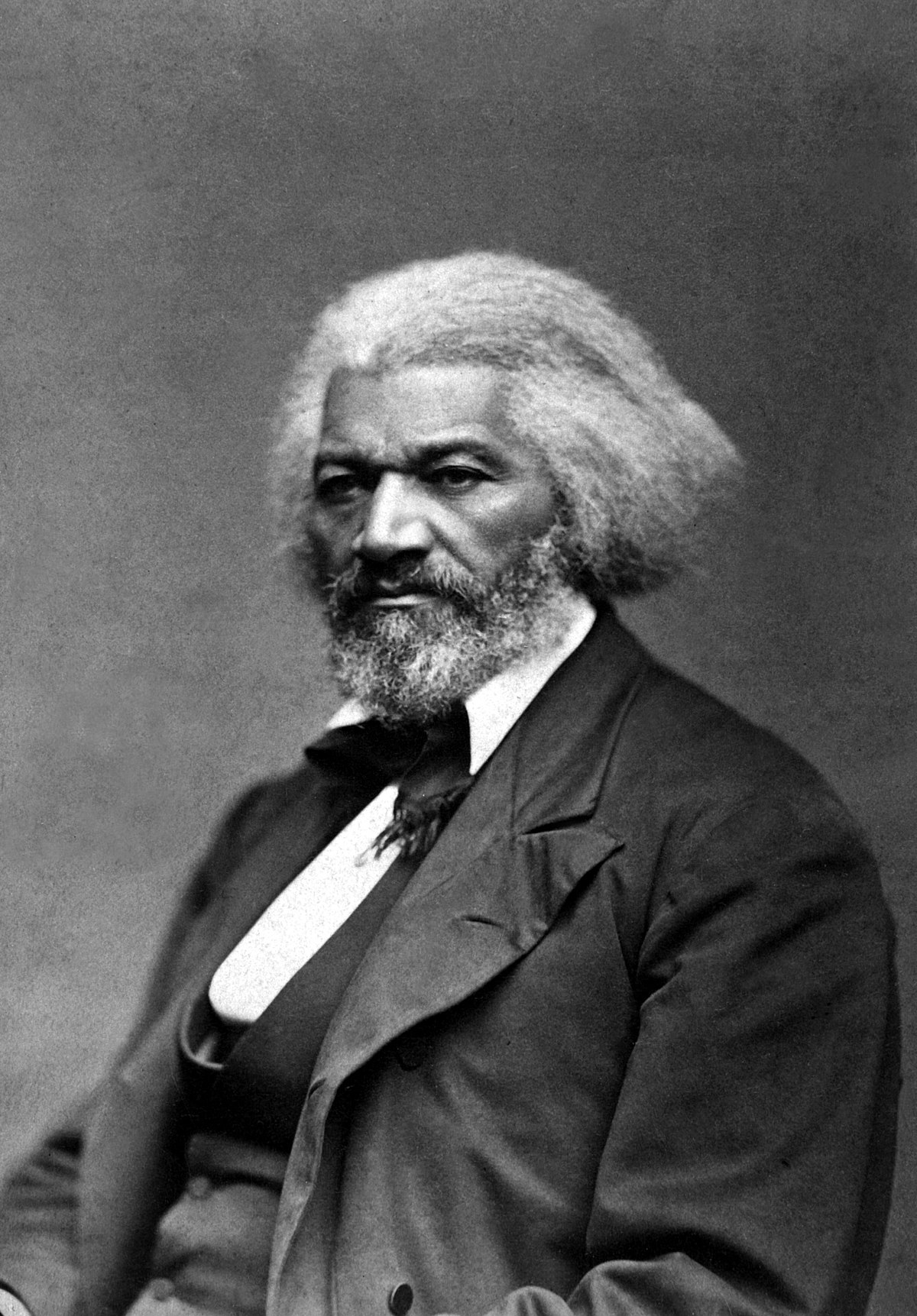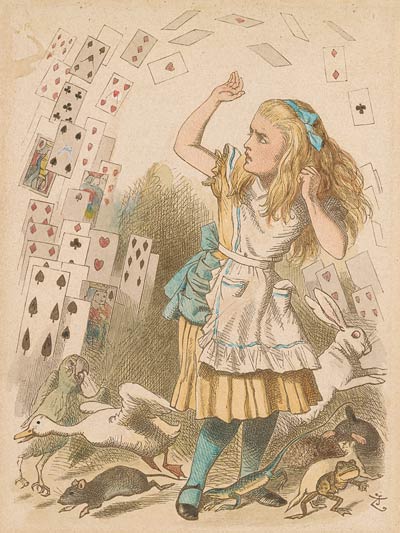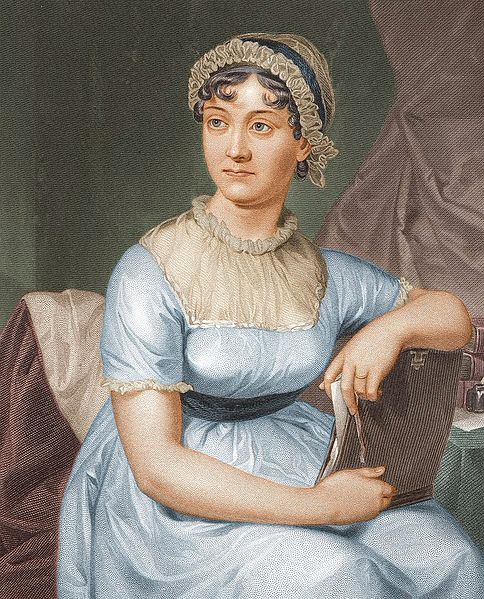Elisabeth Morris,
The Tyranny of Things
This site provides free vocabulary and reading comprehension worksheets.
Each worksheet, suitable for middle school, high school and college level students,
includes a short reading, five vocabulary words to define,
sentence completion exercises, and two questions to answer.
The worksheets may be used for differentiated instruction and home learning.
One question tests literal comprehension, and one question asks the student to think critically.
If you are undecided about buying the ebook, please take a look at a free
sample.
Not all of the worksheets contain everything, but they contain enough to
make your work as a teacher (or a parent) easier.
I am developing the site and more worksheets, tests, and answer keys
will be developed.

Free PDF Worksheet Suitable for Classroom Use
The worksheet is one sheet front and back. It is suitable for classroom use and freely reproducible.
Elisabeth Woodbridge Morris. From "The Tyranny of Things"
I suppose we all go through a phase when we like things best; and not only like them, but want to possess them under our hand. The passion for accumulation is upon us. We make "collections," we fill our rooms, our walls, our tables, our desks, with things, things, things.
Many people never pass out of this phase. They never see a flower without wanting to pick it and put it in a vase, they never enjoy a book without wanting to own it, nor a picture without wanting to hang it on their walls. They keep photographs of all their friends and Kodak albums of all the places they visit, they save all their theater programmes and dinner cards, they bring home all their alpenstocks. Their houses are filled with an undigested mass of things, like the terminal moraine where a glacier dumps at length everything it has picked up during its progress through the lands.
But to some of us a day comes when we begin to grow weary of things. We realize that we do not possess them; they possess us. Our books are a burden to us, our pictures have destroyed every restful wall-space, our china is a care, our photographs drive us mad, our programmes and alpenstocks fill us with loathing. We feel stifled with the sense of things, and our problem becomes, not how much we can accumulate, but how much we can do without. We send our books to the village library, and our pictures to the college settlement. Such things as we cannot give away, and have not the courage to destroy, we stack in the garret, where they lie huddled in dim and dusty heaps, removed from our sight, to be sure, yet still faintly [importunate.]...
For every event there is a "souvenir." We cannot go to luncheon and meet our friends but we must receive a token to carry away. Even our children cannot have a birthday party, and play games, and eat good things, and be happy. The host must receive gifts from every little guest, and provide in return some little remembrance for each to take home.
Define Each Word
- loathe
- stifle
- garret
- huddle
- importunate
Write the Correct Word from the Vocabulary
- The homeless children _____________________ around the fire, using each other's body heat to stay warm.
- Marie _______________________ the television show Family Guy. She refuses to watch it even a few minutes.
- My parents vehemently dislike the __________________________ sales calls during our family dinner hour.
- Old knickknacks, lamps, and photo albums are sometimes relegated for storage to the ____________________.
- The thoughtful music teacher did not want to ______________________ the young prodigy's creativity, so the teacher allowed the student to play her own composition at the recital.
Comprehension and Discussion: Answer Each Question in Complete Sentences
- What examples does Morris use to show people's "passion for accumulation"?
- Elisabeth Morris wrote this piece in 1917. How does her perspective compare to today's values or cultural norms? Give examples.

"The Necklace" by Guy de Maupassant

"Southern Horrors: Lynch Laws" by Ida B. Wells

From The Awakening by Kate Chopin

Narrative, From Chapter 1, by Frederick Douglass
I hope you found what you needed.
Proverbs 18:15
"The mind of the prudent acquires knowledge, And the ear of the wise seeks knowledge."







